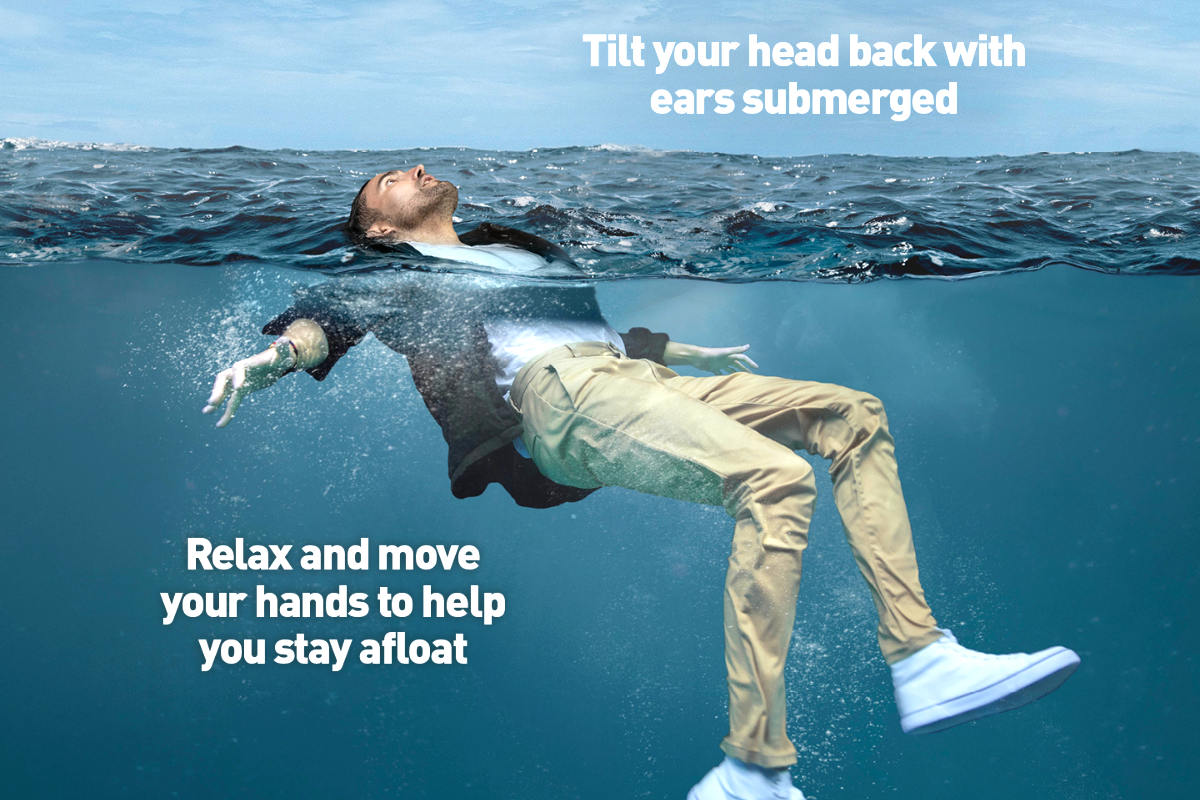
The RNLI has launched its Float to Live campaign ahead of the busy half term holidays as it is revealed that 83% of the UK adult population expect to visit the coast this summer.
Although beach leisure time has increased in the UK by nearly a third (28%) over the past three years, 10% of people said the potential dangers associated with the water are something they don't think about often and 36% of people don't know what to do if they get into trouble in the water.
The RNLI is reminding everyone to remember Float to Live if they find themselves in trouble in water: tilt your head back with ears submerged and try to relax and control your breathing. Use your hands to help you stay afloat and then, once you are through the initial shock, call for help or swim to safety if you can.
This vital advice helped save Michael Whitely, aged 65, from Scarborough when he got into trouble in the water earlier this year. Micheal, an experienced sea swimmer, found himself caught out by strong currents dragging him out of his depth when he went for a swim in his regular swimming spot. Before long, he knew he was in danger.
Michael said:
'My friend and I only planned to go in the sea for about 10 minutes, and after treading water for about five minutes we found ourselves out of our depth and struggling to get back to shore.
'My friend, who is a lot younger and fitter than me, managed to get back to shore. I tried to swim too but the current was just too strong. I felt powerless and at the mercy of the sea.
'I was confident my friend would call for help - which thankfully he did - and hoped the RNLI would soon rescue me. I had attended a couple of cold water swimming safety sessions run by the RNLI which was an absolute lifesaver. I knew how important it was not to exhaust myself and to float on my back until help arrived. This gave me vital time to calm down and preserve energy, although in the back of my mind I kept thinking, if I'm not found soon, I'm not going to make it.
'I'd been in the water about 30 minutes and was getting very cold when I saw an RNLI lifeboat approaching - I felt so relieved knowing that they were here to rescue me. They pulled me onto the lifeboat and quickly got me ashore to an ambulance.'
Scarborough Lifeboat Station was tasked to the incident and crew members quickly helped get Micheal to safety.
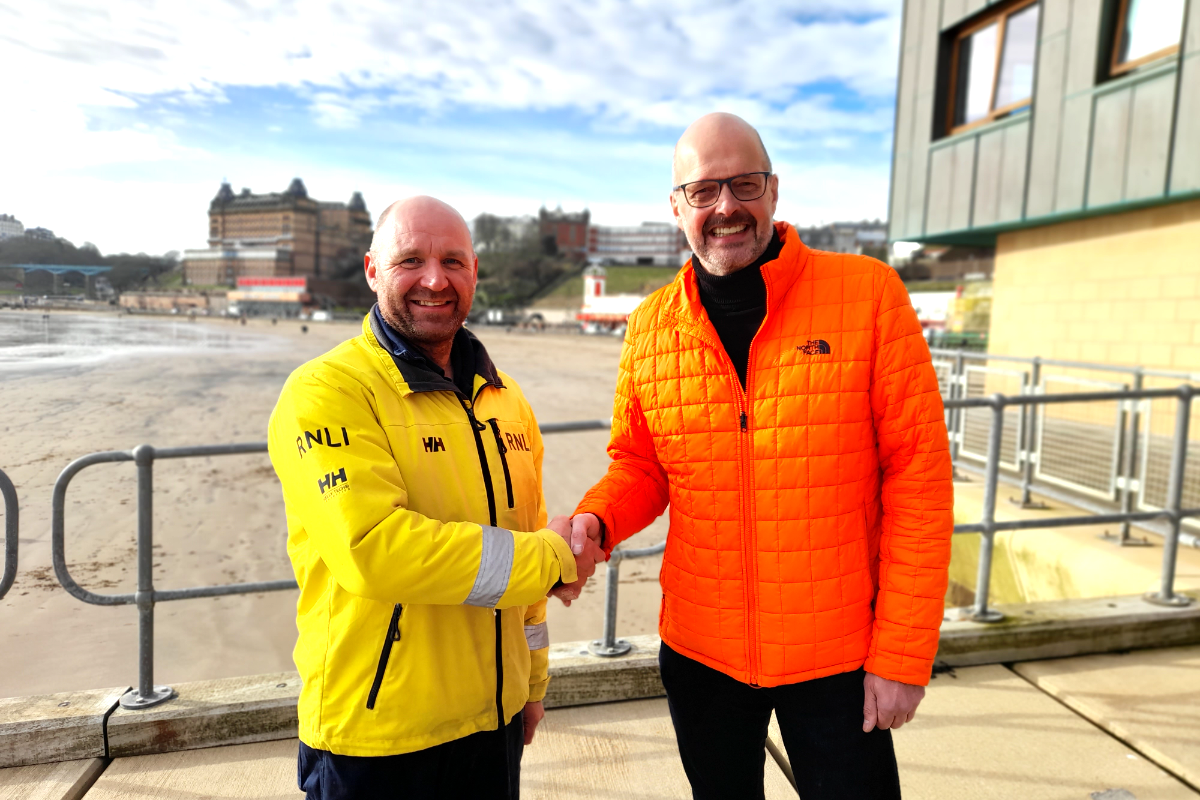
Nick Ayers, RNLI Regional Water Safety Lead, North and East, said:
'We are expecting the half-term holiday to be incredibly busy at the coast and across open water in the UK. We want everyone to enjoy being around the water but we also want to make sure people stay safe and know what to do in an emergency.
'It is important that anyone visiting open water understands the risks of the environment. If you get into trouble in the water, Float to Live: tilt your head back with ears submerged and try to relax and control your breathing. Use your hands to help you stay afloat and then, once you are through the initial shock, call for help or swim to safety if you can.
'Michael's story really highlights how important it is to know what to do if you get into trouble in the water, staying calm and floating on your back whilst you wait for help could save your life.'
Research by the RNLI and University of Portsmouth's Extreme Environments Laboratory (EEL) shows that floating is different for everyone, where some people naturally float with little movement, others require gentle use of their hands and legs to stay afloat. The technique has been tested in different open water environments, which shows that Float to Live is helpful both at the coast and in inland waters.
To Float to Live: If you find yourself in difficulty in the water:
- Tilt your head back with ears submerged
- Relax and try to control your breathing
- Use your hands to help you stay afloat
- It's OK if your legs sink, we all float differently
There were 226 deaths in the UK from accidental drownings in 2022, across inland and coastal locations. Of the people who died 40 per cent had no intention of entering the water, such as those walking, with causes including slips, trips and falls, being cut off by the tide, or swept in by waves.
There is more information about Float to Live at RNLI.org/float2024
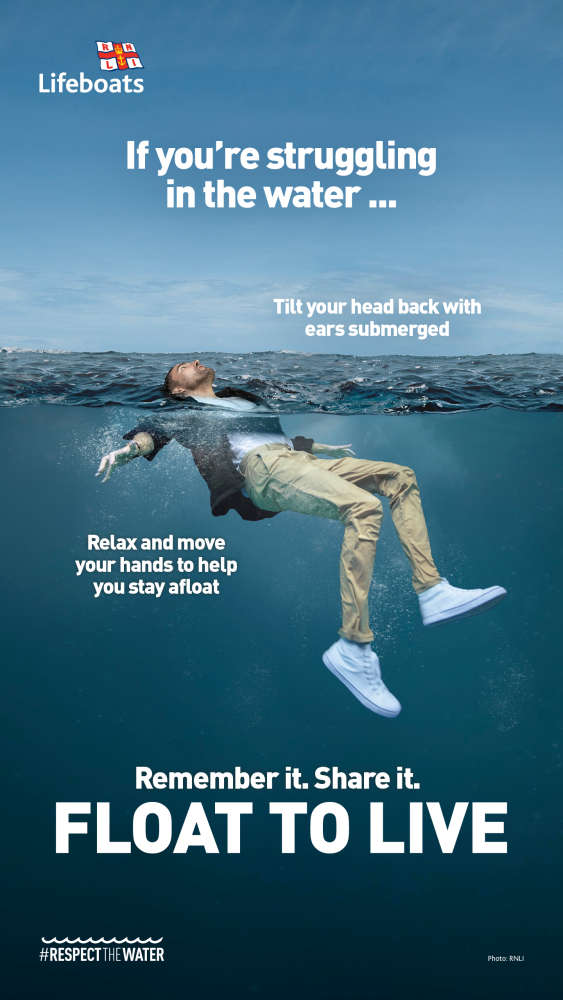




 Scarborough Athletic Fans, Finance Director and Manager Speak of Emotional Week at the Club
Scarborough Athletic Fans, Finance Director and Manager Speak of Emotional Week at the Club
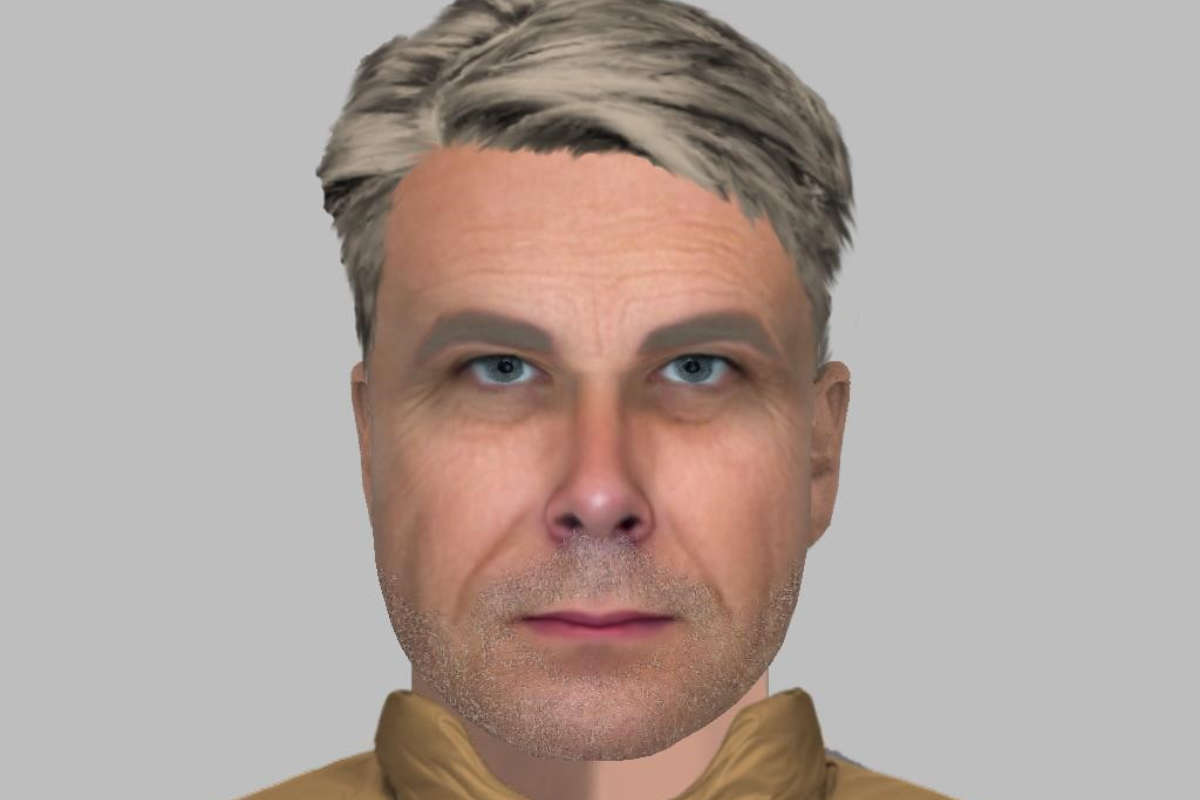 Police Release E-Fit After East Riding Assault
Police Release E-Fit After East Riding Assault
 Filey Food & Drink Festival Weekend
Filey Food & Drink Festival Weekend
 Whitby Town On Verge of Safety After Thriller
Whitby Town On Verge of Safety After Thriller
 Scarborough Athletic Leave It Late in County Durham
Scarborough Athletic Leave It Late in County Durham
 Key Weekend in Bridlington Town's Relegation Battle
Key Weekend in Bridlington Town's Relegation Battle
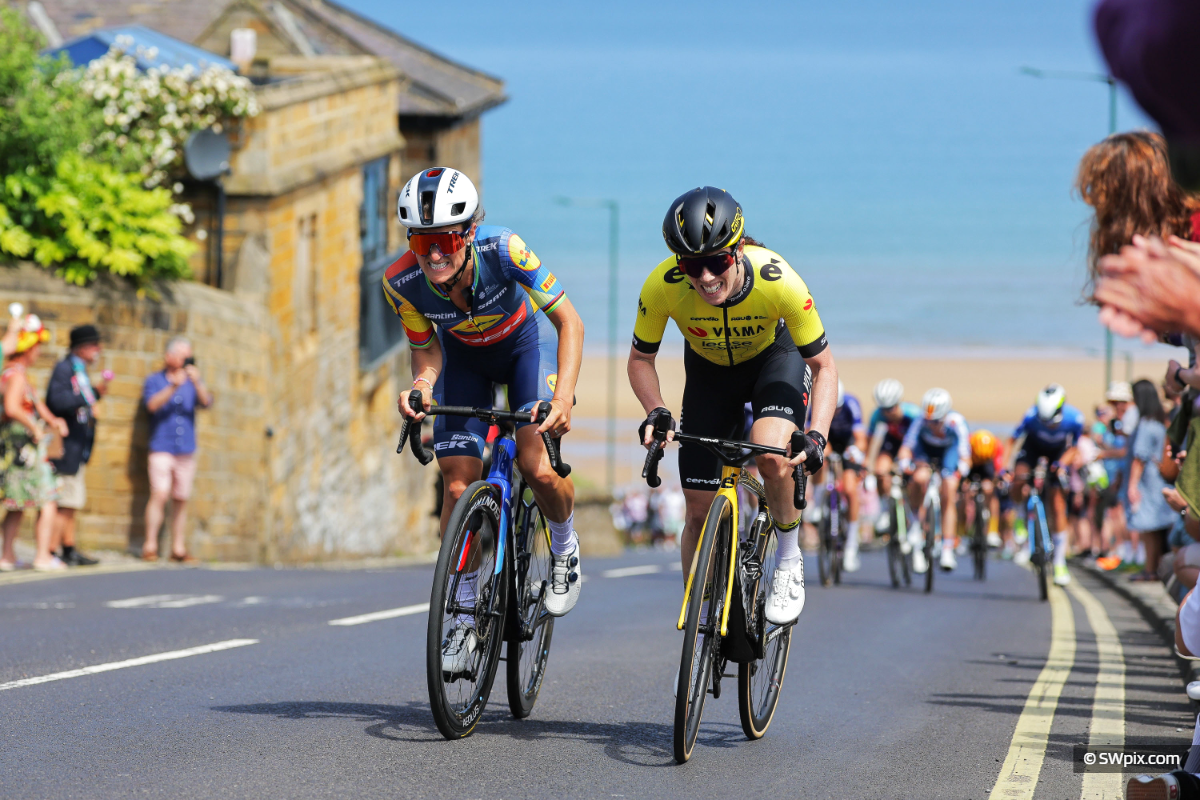 Tour of Britain Cycle Event for Dalby Forest
Tour of Britain Cycle Event for Dalby Forest
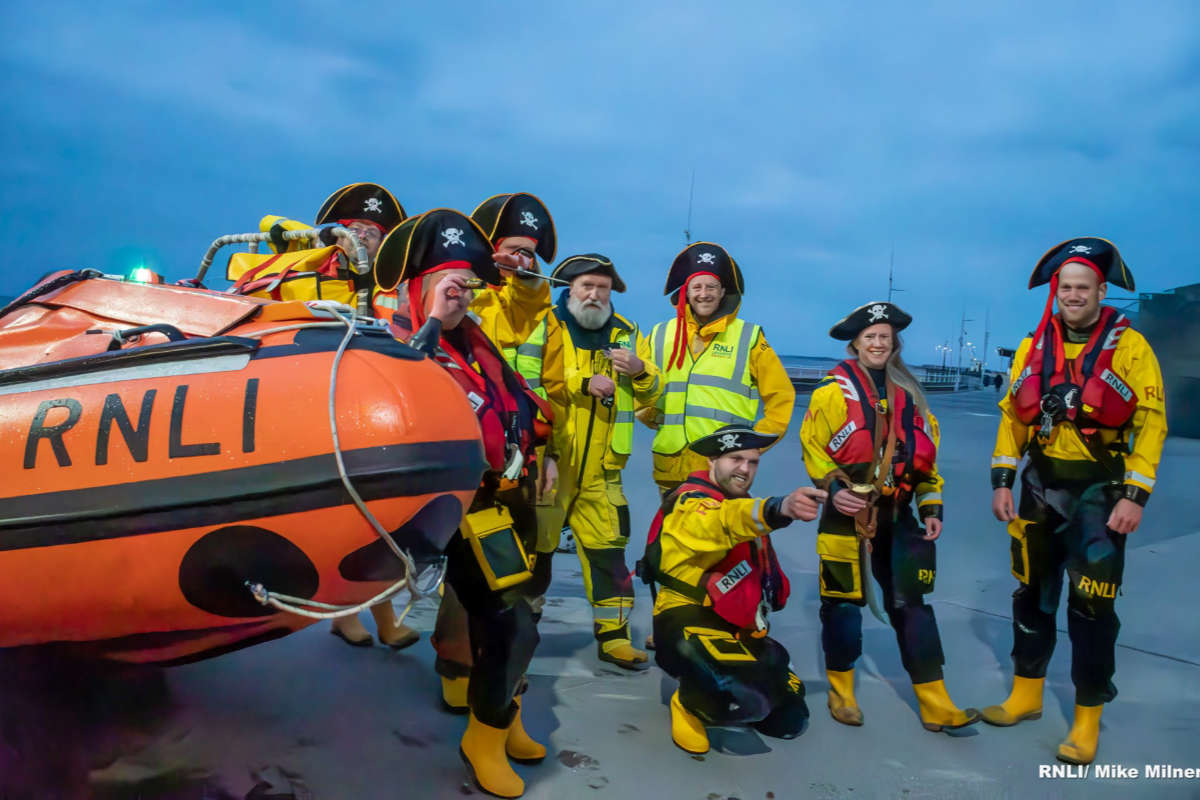 Look Out For Bridlington Lifeboat's Pirates On The Promenade
Look Out For Bridlington Lifeboat's Pirates On The Promenade
 Chaser Returns to Scarborough for Panto Season
Chaser Returns to Scarborough for Panto Season
 Scarborough Athletic Pitch Could be Out of Action for 44 Weeks And Cost £3m to Repair
Scarborough Athletic Pitch Could be Out of Action for 44 Weeks And Cost £3m to Repair
 North Yorkshire Police Report Significant Improvement in Call Answer Times
North Yorkshire Police Report Significant Improvement in Call Answer Times
 Ryedale Sex Offender Confronted By Angry Mother
Ryedale Sex Offender Confronted By Angry Mother








Comments
Add a comment